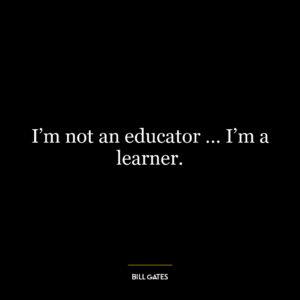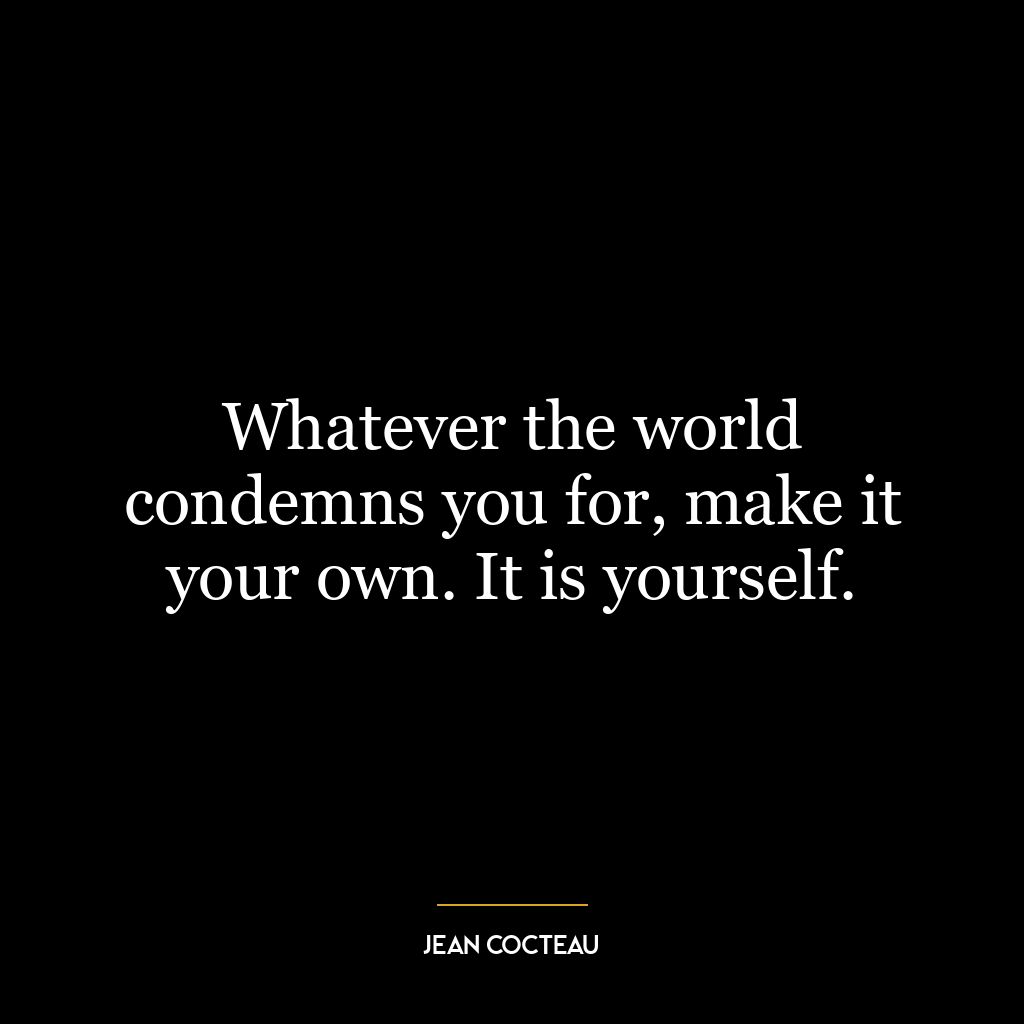As we look ahead into the next century, leaders will be those who empower others.
This quote implies that the future of leadership lies in the ability to empower others. Rather than hoarding power or using it for personal gain, effective leaders of the future will be those who can distribute power among their team members, enabling them to grow, develop, and reach their full potential. This idea is grounded in the belief that the collective power of a group is far greater than the sum of its individual parts.
Empowerment, in this context, means giving individuals the authority, resources, and freedom to make decisions, take on responsibilities, and contribute their unique skills and perspectives. It’s about fostering an environment where people feel valued, trusted, and capable of making a significant impact.
In today’s world, this idea is more relevant than ever. As organizations and societies become increasingly complex, the need for diverse skills, knowledge, and perspectives is paramount. By empowering others, leaders can harness this diversity to drive innovation, solve complex problems, and adapt to change.
In terms of personal development, this quote suggests that to become an effective leader, one must learn to empower others. This involves developing skills such as active listening, empathy, and emotional intelligence, which enable one to understand and respond to the needs of others. It also involves cultivating a mindset of abundance, where power is not a scarce resource to be hoarded, but a renewable one that grows when shared.
Moreover, this quote can also be seen as a call to action for individuals to seek empowerment. In an empowerment-focused culture, individuals are not passive recipients of power but active participants in its creation. Therefore, personal development involves not only seeking to be empowered but also learning to empower oneself – taking ownership of one’s growth, seeking out opportunities, and making a positive impact.










